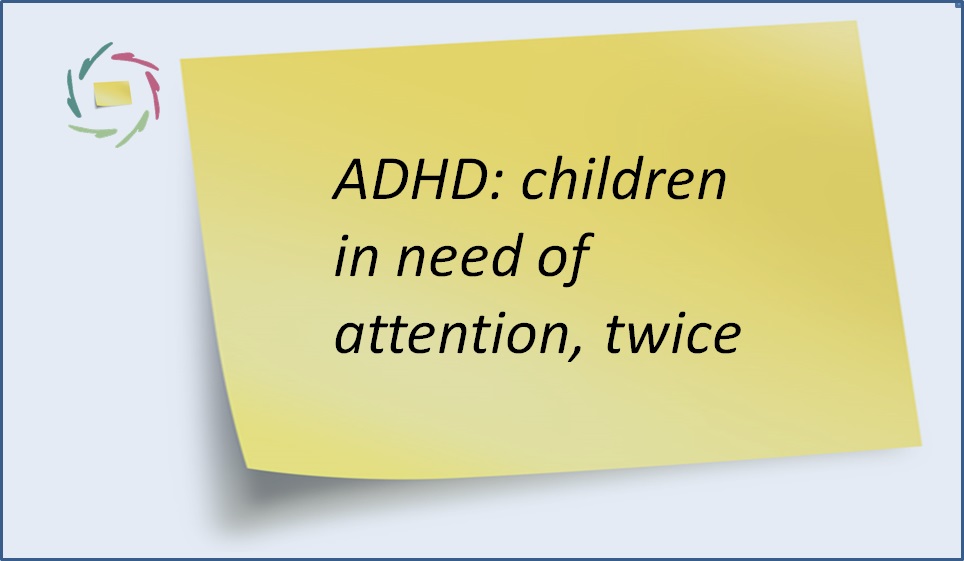Mental Illnesses are Meaningful Whirlpools

Especially relevant in the complexity of the human mind is the complexity of what meaningfulness can bring us and where it can go awry.
Truly meaningful
Mental illness is not conceptually meaningful. Therefore, it is difficult to pinpoint or explain what it is about. Any conceptual explanation does not touch the ground.
If real meaningfulness is present, it is a deeper one. It is subconceptual, more distributed (in deeper layers of one’s mental landscape), and powerful even without or before any whirlpool. Therefore, it may lie closer to the truth at a deeper level, being symbolically correct. In a culture that deeply values the symbolic, such a person may be a visionary or mystic. In another culture, that same person is a madman. In reality, it is not one apart from the other. Both assertions are correct ― depending on the culture.
A deeply meaningful culture values deep meaningfulness ― even potentially in the madmen.
The real illness starts when it becomes a whirlpool.
Thus, illness doesn’t start with the symbolic, but how this is managed further. People should be entitled to ‘go symbolic’ without being called ‘mad.’ Sometimes, the same is called ‘genial.’
Within a whirlpool however, symbolism is getting out of control ― not just conscious, but total-being control. We can call this condition an illness because it can severely hamper one’s quality of life. That doesn’t yet make it an illness in the classical medical sense of plug-in, plug-out.
Fighting against the whirlpool risks driving more energy inside it, aggravating the problem. Probably, this is the most frequent way it truly becomes a problem in the first place. Unfortunately, much Western management of mental illness is bent on such fighting-against, one way or another.
Including efforts to escape
An effort to escape the whirlpool is frequently seen as a part/symptom of mental illness. For instance, anorexia, self-injuring, addictive behavior, or one’s attention running wild may be functional in giving, at least, a sense of control over the whirlpool phenomenon inside one’s mind.
In many cases, fighting against such efforts to escape the whirlpool is notoriously ineffective. We can see two obvious reasons now: 1) It’s a fight against the defense itself, and 2) It puts even more energy inside the whirlpool.
All in all, the illness lies in the whirlpool, not in the separate elements that produce it. Least of all does it lie in the meaningfulness.
Honoring the meaning
The aim is to let the meaning flow straight forward again. In the stream containing the whirlpool, this draws the energy out of the latter. The deeper meaning can thus flow better in the direction it is supposed to flow.
This enables the person to see the symbolism for what it is or can be: meaningful at the deeper level ― thus, not to be discarded. In the best case, it may be transformed into a precious asset such as art or profoundly meaningful literature. Of course, it may also be just a profoundly meaningful personal life.
Such a shame that this gets frequently incarcerated in a mental jail of antipsychotics, antidepressants, or other anti-human-depth medications. So obvious that we end up in an increasingly harsh meaning crisis.
We should listen profoundly to those who can tell us the most about it.


